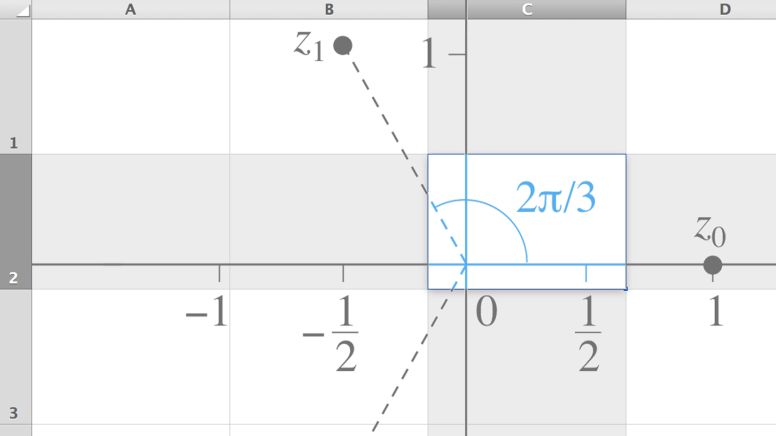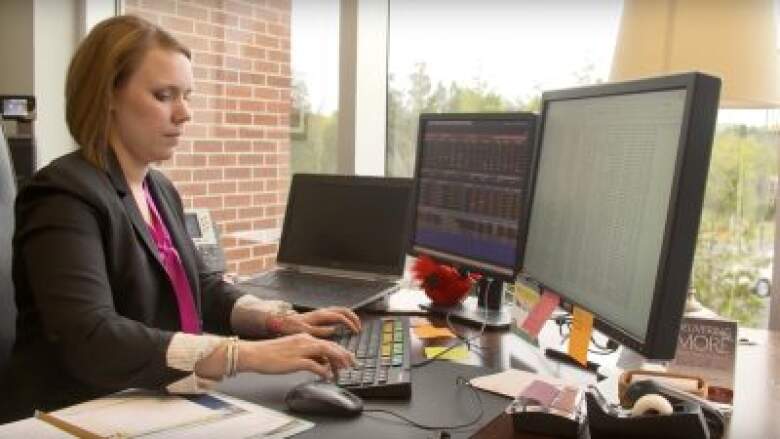Perspectives
Math majors make great accountants

“The only way to learn mathematics is to do mathematics.” — Mathematician Paul Halmos
That’s what you did for four years as an undergraduate, learning and doing algebra, calculus, differential equations, discrete mathematics and more. You strengthened your problem-solving abilities, learned to think mathematically and sharpened your analytical skills.
So now you can tackle lots of different kinds of problems. But the most pressing problem is how to make a career out of your math degree.
>> Match your math courses to accounting courses and skills.
MAC student Leanne Fredericks describes how she tapped into her background in math.
Summing up your strengths
Let’s break that problem into parts:
- What do you enjoy? Solving tough problems and finding the perspective or analysis that allows you to crack it open and come up with the right answer.
- What are you good at? Computation, quantitative analysis, learning challenging material that others perceive as boring or too difficult.
- What qualities do you want in a job? Lots of unique opportunities, good pay, a chance to use your strong analytical and computational skills.
More than adding and subtracting
So what career combines all three of these elements? Accounting.
Strong math and analytical skills are a must for accountants — you’ve got those already. Accountants spend much of their time solving problems where they combine quantitative analysis with business strategy, legal perspectives and economic considerations.
A UNC Master of Accounting degree can be completed in as little as 12 months. Our graduates have a 99 percent employment rate, and many hit six-figure salaries within five years of leaving school.
There’s more. All that hard work you pumped into your undergrad math courses will help you immensely as you pursue your MAC degree and, more importantly, when you’re working as an accountant. Yes, what you learn in school matters! To illustrate this, check out this handy grid that matches your math courses with accounting courses and skills.
I’m interested!
Complete the fields below. Fields marked with “*” are required.
